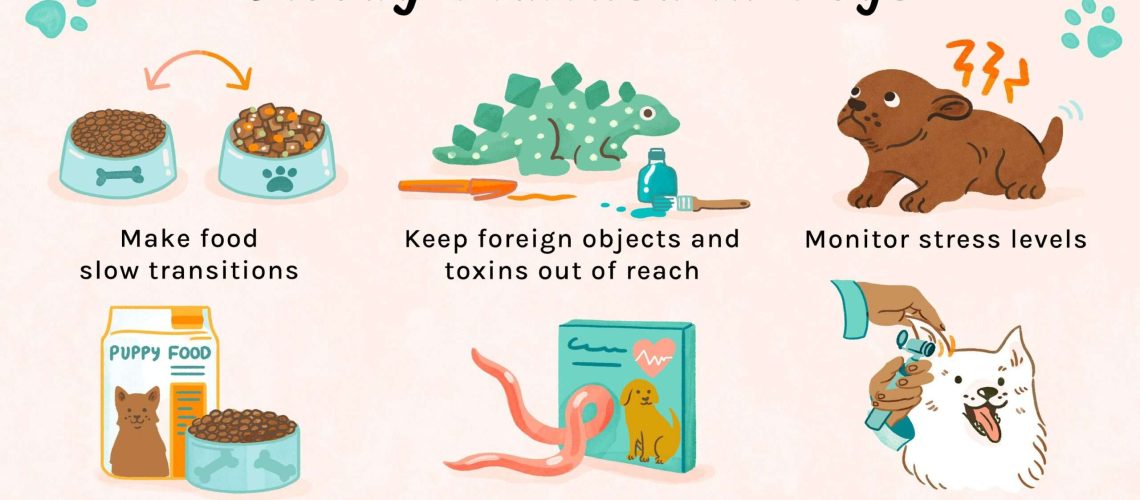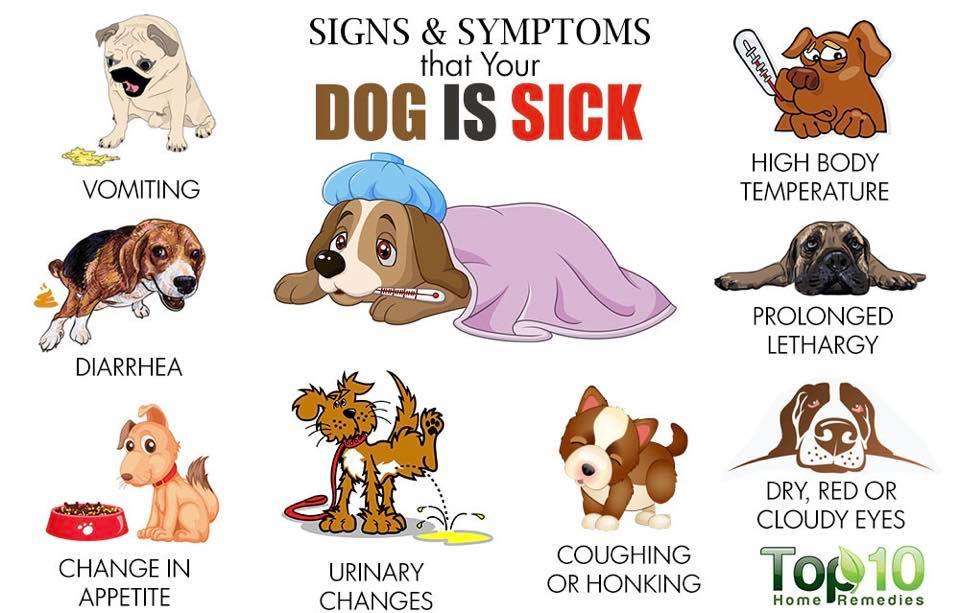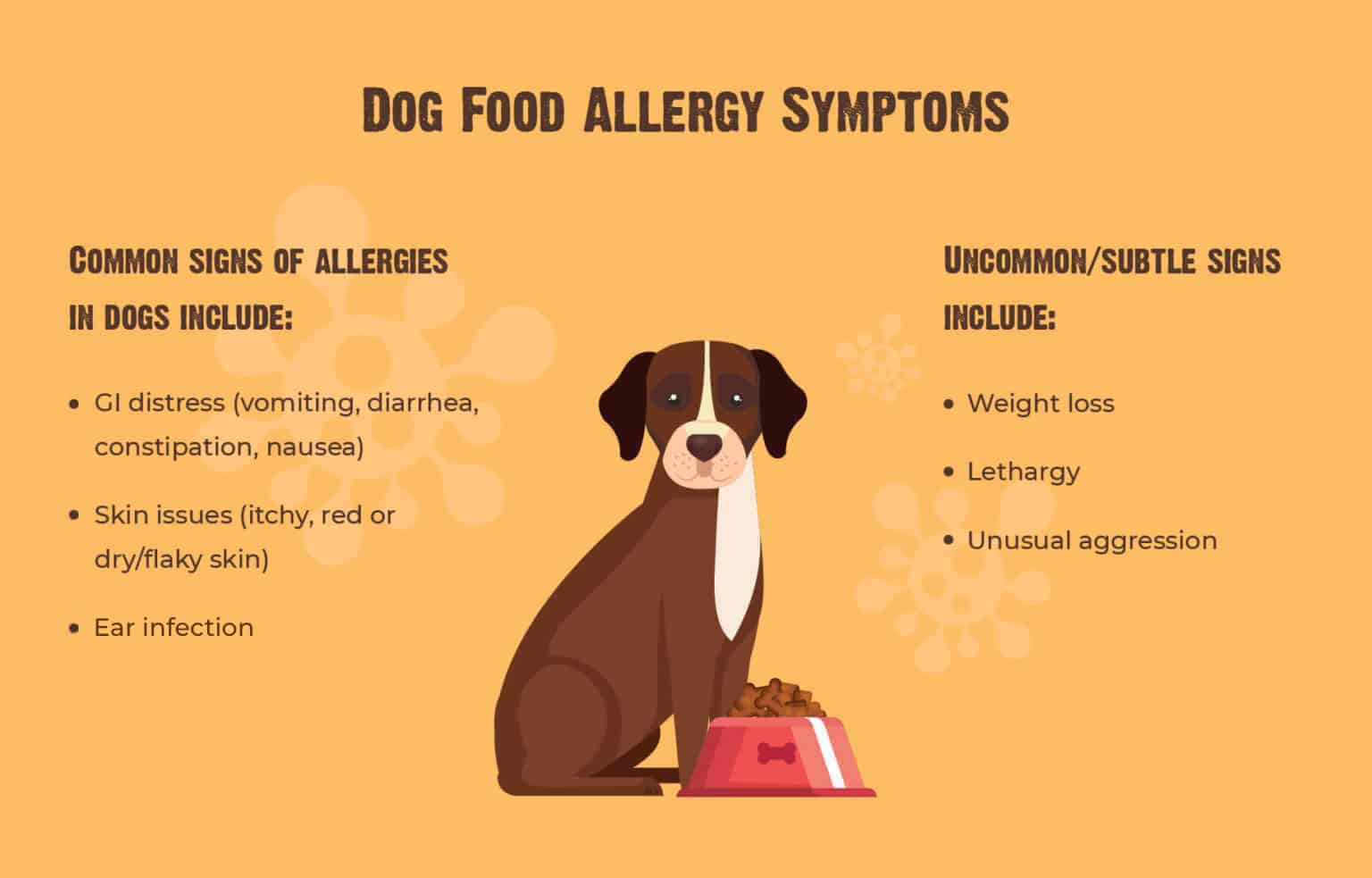Key Takeaways:
- Diarrhea in dogs can be caused by a variety of factors, including dietary changes, food allergies, infections, and stress.
- It is important to monitor the frequency, consistency, and color of your dog's stool to determine if they have diarrhea.
- If your dog has diarrhea, it is crucial to keep them hydrated by providing plenty of fresh water and potentially offering electrolyte solutions.
- In some cases, you may need to adjust your dog's diet or feed them a bland diet to help alleviate their diarrhea symptoms.
- If your dog's diarrhea persists for more than 24-48 hours or is accompanied by other concerning symptoms, it is best to consult with a veterinarian for proper diagnosis and treatment.
Introduction:
Are you a dog owner who has ever experienced the frustration and worry of your furry friend suffering from diarrhea? If so, you're not alone. Diarrhea in dogs is a common problem that can cause discomfort and concern for both pets and their owners. But fear not! By delving into this subject, you'll gain valuable knowledge and insights that will help you better understand the causes, symptoms, and treatments of diarrhea in dogs. This understanding is essential because it empowers you to provide the best care for your beloved companion, ensuring their health and happiness. So, let's embark on this journey together as we explore the ins and outs of diarrhea in dogs, uncovering practical tips and strategies along the way. Get ready to become an expert on this topic and take control of your dog's digestive health!
Understanding Diarrhea in Dogs: Causes and Symptoms
Diarrhea is a common problem that dogs can experience. When a dog has diarrhea, it means that their bowel movements are loose and watery. It can be caused by many things, including eating something they shouldn't have or having an upset stomach. Sometimes, diarrhea can go away on its own, but other times it may require treatment from a veterinarian.
Some common symptoms of diarrhea in dogs include frequent trips to the bathroom, accidents in the house, vomiting, and lack of appetite. If your dog has diarrhea for more than a day or if they seem to be in pain or discomfort, it's important to seek veterinary care. Diarrhea can be a sign of a more serious underlying issue that needs to be addressed.
Causes of Diarrhea in Dogs
There are many possible causes of diarrhea in dogs. Some common triggers include:
- Dietary changes: Switching your dog's food too quickly or feeding them something new can upset their stomach and lead to diarrhea.
- Ingesting something unusual: Dogs love to explore with their mouths, and sometimes they eat things they shouldn't. This can include garbage, plants, or even certain human foods that are toxic to them.
- Bacterial or viral infections: Just like humans, dogs can get sick from bacteria or viruses that cause gastrointestinal issues.
Dietary Changes
If you recently changed your dog's food or gave them a new treat, this could be the cause of their diarrhea. It's important to introduce new foods slowly and gradually mix them with their old food over several days. This will help your dog's digestive system adjust without causing any upset.
Additionally, some dogs have sensitive stomachs and may require a special diet. If you suspect that your dog's diarrhea is caused by their food, consider consulting with your vet to find the best diet for them.
Ingesting Something Unusual
Dogs are curious creatures and may eat things they shouldn't. This can include garbage, plants, or even certain human foods that are toxic to them, like chocolate or onions. If you suspect that your dog has ingested something unusual, it's important to contact your veterinarian right away. They can determine if there is a risk of toxicity and provide appropriate treatment.
To prevent this from happening in the future, it's crucial to keep potentially harmful items out of your dog's reach and supervise them closely when outdoors.
Signs to Look for: How to Tell if Your Dog Has Diarrhea
Common Symptoms of Dog Diarrhea
If you notice that your dog is having frequent loose or watery stools, it may be a sign of diarrhea. Other common symptoms include increased urgency to go outside, accidents in the house, and straining during bowel movements. You may also observe changes in your dog's appetite or energy levels. It's important to pay attention to these signs as they can indicate an underlying issue that needs to be addressed.
The Importance of Monitoring Your Dog's Stool
To determine if your dog has diarrhea, it's essential to monitor their stool regularly. Keep an eye out for any changes in consistency, color, or odor. Normal dog stool should be firm and brown in color. If you notice any significant deviations from this norm, it could indicate a problem. Remember to always clean up after your dog promptly and dispose of the waste properly to prevent the spread of any potential infections.
Possible Triggers: Common Causes of Diarrhea in Dogs
Dietary Changes and Food Intolerances
One common cause of diarrhea in dogs is sudden dietary changes or food intolerances. Dogs have sensitive digestive systems, so introducing new foods too quickly or feeding them something they cannot tolerate can lead to gastrointestinal upset. It's crucial to gradually transition your dog onto a new diet and avoid giving them table scraps or foods that are known to be problematic for dogs.
Bacterial Infections and Parasites
Bacterial infections and parasites can also cause diarrhea in dogs. These microscopic organisms can enter your dog's body through contaminated water sources, feces from other animals, or even ingesting infected prey. Common culprits include Giardia and Salmonella. Regular deworming and ensuring your dog has access to clean water can help prevent these infections.
Is Diarrhea Dangerous? What You Need to Know
The Dangers of Dehydration
While diarrhea itself may not be life-threatening, it can lead to dehydration if left untreated. Dogs with diarrhea lose fluids and electrolytes rapidly, which can be dangerous, especially for puppies or older dogs. Signs of dehydration include dry gums, sunken eyes, lethargy, and excessive panting. If you suspect your dog is dehydrated, it's crucial to seek veterinary care promptly.
Potential Underlying Health Issues
In some cases, diarrhea can be a symptom of an underlying health issue in dogs. Conditions such as inflammatory bowel disease, pancreatitis, or certain types of cancer can manifest as chronic or recurrent diarrhea. If your dog's diarrhea persists for more than a day or two or is accompanied by other concerning symptoms like vomiting or weight loss, it's essential to consult with a veterinarian for proper diagnosis and treatment.
Helping Your Dog with Diarrhea: Home Remedies and Treatments
Dietary Modifications
One way to help manage your dog's diarrhea at home is by making dietary modifications. You can try feeding them a bland diet consisting of boiled chicken and rice until their stool returns to normal. Avoid giving them any treats or foods that could further irritate their digestive system. Additionally, probiotics specifically formulated for dogs may help restore the balance of healthy bacteria in their gut.
Maintaining Hydration
Ensuring your dog stays hydrated is crucial when dealing with diarrhea. Offer them plenty of fresh water throughout the day and consider providing electrolyte solutions designed for dogs to replenish lost fluids and minerals. If your dog refuses to drink water, you can try offering ice cubes or diluted low-sodium chicken broth to entice them.
When Should You See a Vet? Warning Signs for Dog Diarrhea
Blood in the Stool
If you notice blood in your dog's stool, it's a clear indication that you should seek veterinary attention immediately. Blood can be a sign of more severe underlying issues such as gastrointestinal bleeding or infections. It's essential not to ignore this symptom and consult with a veterinarian promptly.
Persistent or Worsening Symptoms
If your dog's diarrhea persists for more than 48 hours or if their condition worsens despite home remedies, it's time to consult with a vet. Persistent diarrhea can lead to dehydration and further complications if left untreated. A veterinarian will be able to conduct a thorough examination, run diagnostic tests if necessary, and provide appropriate treatment for your furry friend.
Remember, while these paragraphs provide helpful information, it is always best to consult with a veterinarian for personalized advice and guidance tailored to your specific dog's needs.
In conclusion, diarrhea in dogs is a common problem that can be caused by various factors such as dietary changes, infections, or underlying health issues. It is important to provide proper care and consult a veterinarian to help diagnose and treat the condition for our furry friends' well-being.
What can I give a dog for diarrhea?
Feeding your dog a bland diet consisting of plain white rice, a small amount of chicken, and plain canned pumpkin (not pumpkin pie filling) for 24 to 48 hours can potentially help resolve their digestive issue. Once your dog starts feeling better, you can slowly reintroduce their regular food.
When should I be concerned about my dog's diarrhea?
If your dog has diarrhea, it usually isn't a major issue and will go away on its own within a short period of time. However, if your dog's diarrhea lasts more than a day or has blood in it, you should seek veterinary care as this is a more serious situation.
How long does dog diarrhea usually last?
Dogs can experience sudden onset diarrhea that can last anywhere from a day or two to several weeks or even months.
Why is my dog pooping liquid poop?
Causes of illness in dogs can include consuming spoiled or contaminated food, swallowing foreign objects like toys, bones, or fabric, ingesting harmful substances or poisons, and contracting viral infections like parvovirus, distemper, or coronavirus.
Is there a home remedy I can give my dog for diarrhea?
To treat diarrhea in dogs at home, you can feed them a small portion of pureed pumpkin, typically one to three tablespoons, adjusted according to the size of your dog. However, it is important to ensure that the pumpkin is 100% pure with no added sugar or other ingredients that could potentially worsen your dog's stomach condition.
Can I give my dog Pepto Bismol for diarrhea?
Using Pepto Bismol to treat diarrhea in dogs is not recommended. It is important to seek guidance from a veterinarian to obtain an accurate diagnosis and treatment advice.

















